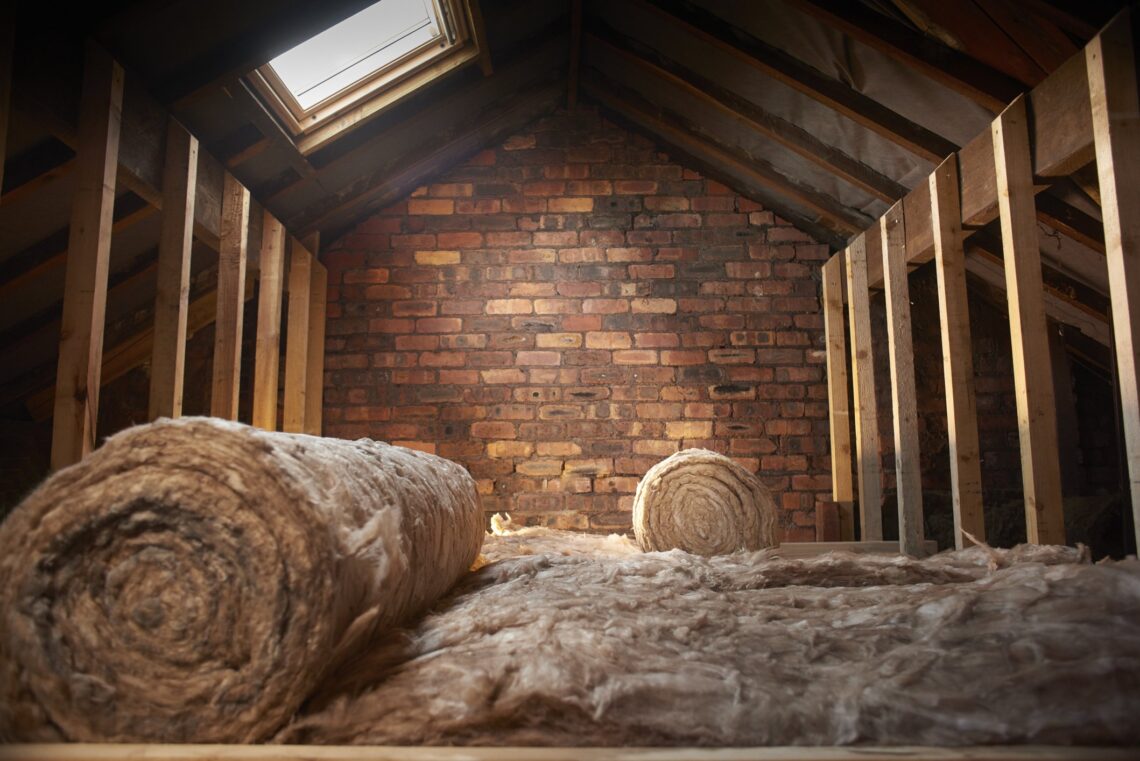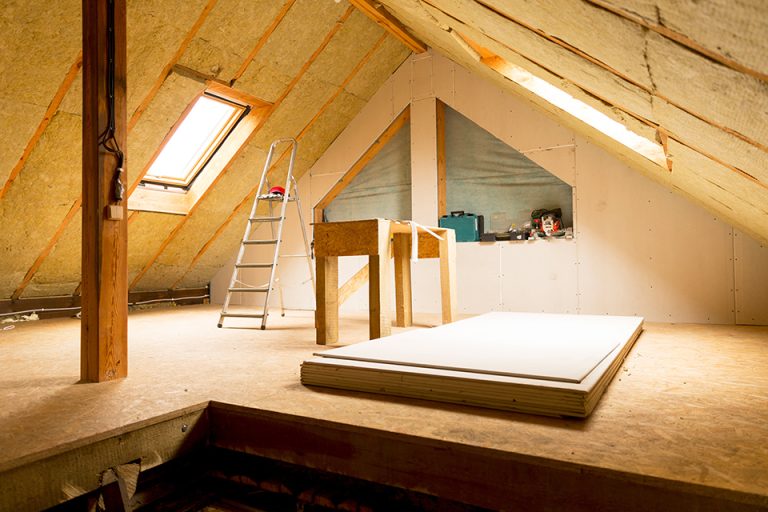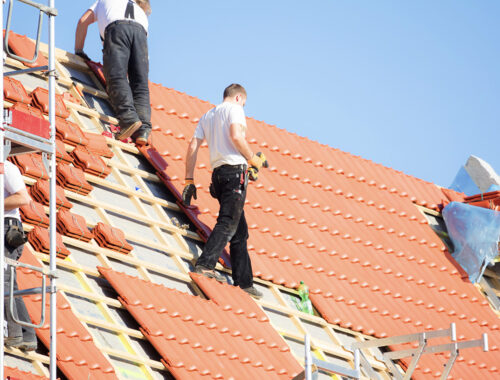
Long-Term Benefits of Installing Cavity Wall Insulation
Installing cavity wall insulation offers significant long-term benefits. You’ll reduce energy bills and enjoy a consistent indoor temperature. Lower heating costs and reduced energy consumption translate into big savings over time. Your home will become more comfortable with improved acoustics and controlled moisture levels, minimizing issues like dampness and mold. Plus, an insulated home has increased property value, making it more attractive to buyers if you decide to sell. Lastly, you’ll contribute positively to the environment by reducing your carbon footprint and energy demand. Interested in making your home greener and more efficient? Explore further advantages now.
Energy Savings
By installing cavity wall insulation, you can greatly reduce your energy bills and improve your home’s overall energy efficiency. One of the immediate benefits you’ll notice is the reduction of drafts. When your walls are properly insulated, cold air can’t easily seep into your home, nor can warm air escape. This means your home maintains a more consistent temperature, which is important for comfort. Explore this detailed guide to see more information on how cavity wall insulation can benefit your home.
Another significant advantage is the boost in thermal efficiency. With cavity wall insulation, your home’s walls are better at retaining heat during the winter and keeping it out during the summer. You’ll find that your heating system doesn’t have to work as hard to keep your living spaces warm, and the same goes for your air conditioning during hotter months. This increased thermal efficiency translates into less energy consumption, which isn’t only good for your wallet but also for the environment.
Moreover, enhancing your home’s thermal efficiency can make a noticeable difference in your living conditions. Rooms that were once too cold or too hot can become comfortable and usable year-round. You’re essentially creating a more stable and pleasant indoor climate, making your home a more enjoyable place to live.
Lower Heating Bills
As a result of improved thermal efficiency, you’ll notice a significant decrease in your heating bills. Cavity wall insulation helps keep the warmth inside your home, meaning your heating system doesn’t have to work as hard to maintain a comfortable temperature. This directly translates to lower energy usage and, consequently, reduced heating costs.
When considering installation costs, it’s important to focus on the long-term savings rather than the initial expense. The energy efficiency gained from properly installed cavity wall insulation will pay for itself over time by lowering your monthly energy bills. Plus, you’ll be doing your part to reduce your carbon footprint.
Here are some immediate benefits you can expect:
- Reduced energy consumption: Your heating system won’t need to run as often, saving you money.
- Lower carbon emissions: A more energy-efficient home contributes to a healthier environment.
- Increased property value: Energy-efficient homes are more attractive to buyers.
- Eligibility for grants and incentives: Many local governments offer financial assistance for energy-efficient upgrades.
Enhanced Comfort
You’ll immediately notice a significant boost in your home’s comfort level once you’ve installed cavity wall insulation. The insulation acts as a barrier that helps maintain a consistent indoor temperature, making your home cozy during the winter and pleasantly cool in the summer.
One of the standout benefits is the improved acoustics. Cavity wall insulation reduces the amount of external noise that enters your home. Whether it’s traffic, noisy neighbors, or other disturbances, you’ll enjoy a quieter and more peaceful living environment. This is especially beneficial if you live in a busy area or have a home office where concentration is key.
Another critical advantage is moisture control. Cavity wall insulation helps to manage and reduce moisture levels within your walls. This minimizes the risk of dampness, mold, and mildew, which can’t only damage your property but also lead to health issues. By maintaining a dry and healthy indoor environment, you’re enhancing the overall comfort and safety of your living space.

Increased Property Value
Installing cavity wall insulation can greatly enhance your property’s market value. By investing in this upgrade, you’re not just improving your living conditions, but also increasing your home’s appeal to potential buyers. With energy efficiency becoming a notable factor in property decisions, homes with cavity wall insulation often stand out in the market. Here are some key points to take into account:
- Energy Efficiency: Buyers are increasingly looking for homes that can save on energy costs, making your insulated property more attractive.
- Comfort and Warmth: Insulation provides a comfortable living environment, which can be a strong selling point.
- Reduced Maintenance Costs: An insulated home can lead to lower maintenance costs, enhancing its resale potential.
- Positive Home Inspections: Properties with cavity wall insulation often receive better evaluations during home inspections, which can expedite the selling process.
These benefits contribute to a higher property value, making your home more appealing in a competitive market. When buyers see that you’ve invested in cavity wall insulation, they’re likely to be more drawn to your property, acknowledging its long-term benefits. This investment not only pays off in terms of comfort and savings but also significantly boosts your resale potential.
Environmental Impact
Cavity wall insulation greatly reduces your home’s carbon footprint by minimizing energy consumption. When you insulate your walls, you greatly lower the amount of heat that escapes from your home. This means you won’t need to rely as heavily on your heating system, which in turn burns less fossil fuel. As a result, you contribute to reduced emissions of greenhouse gases, which are key contributors to climate change.
By reducing your home’s energy demand, you’re not just saving on utility bills but also playing an important role in environmental conservation. Less energy consumption translates to lower demand on power plants, many of which still use non-renewable sources like coal and natural gas. This collective reduction in energy use can lead to substantial decreases in overall carbon emissions.
Additionally, reducing your carbon footprint doesn’t just benefit the planet; it also enhances your home’s sustainability. You’ll find that your insulated walls help maintain a more stable indoor temperature, reducing the need for air conditioning in the summer and heating in the winter. By taking this step, you’re making a long-term investment in both your home and the broader effort to combat climate change.
You May Also Like

Why Social Zinger’s 20K Instagram Services Are a Game Changer for Influencers and Brands
August 29, 2024
Rise Above the Elements with Roof Repair Services in Kansas City
August 11, 2023
